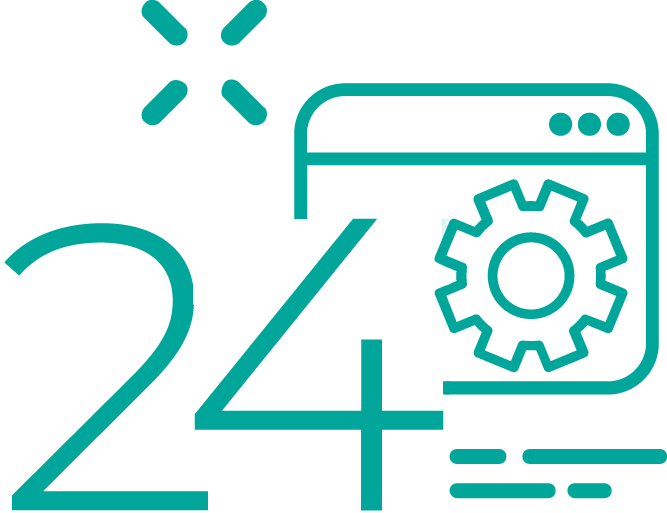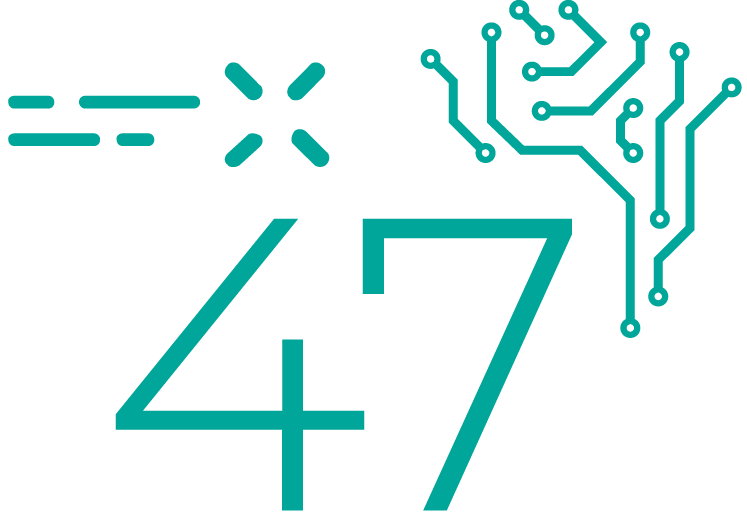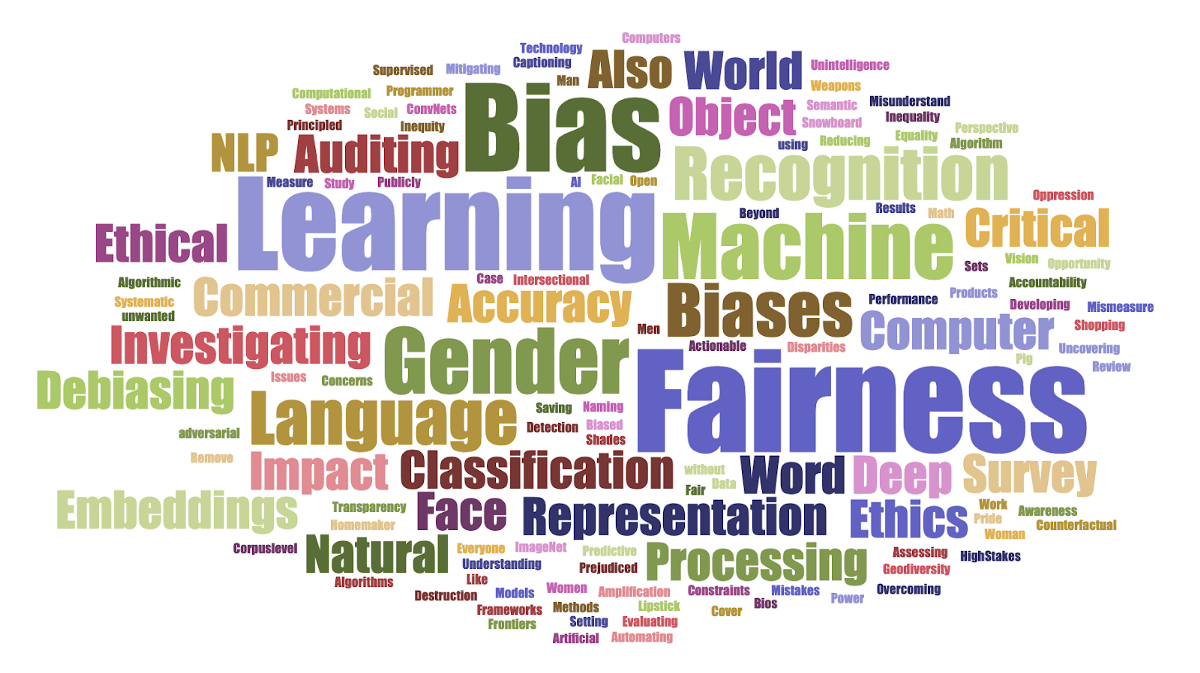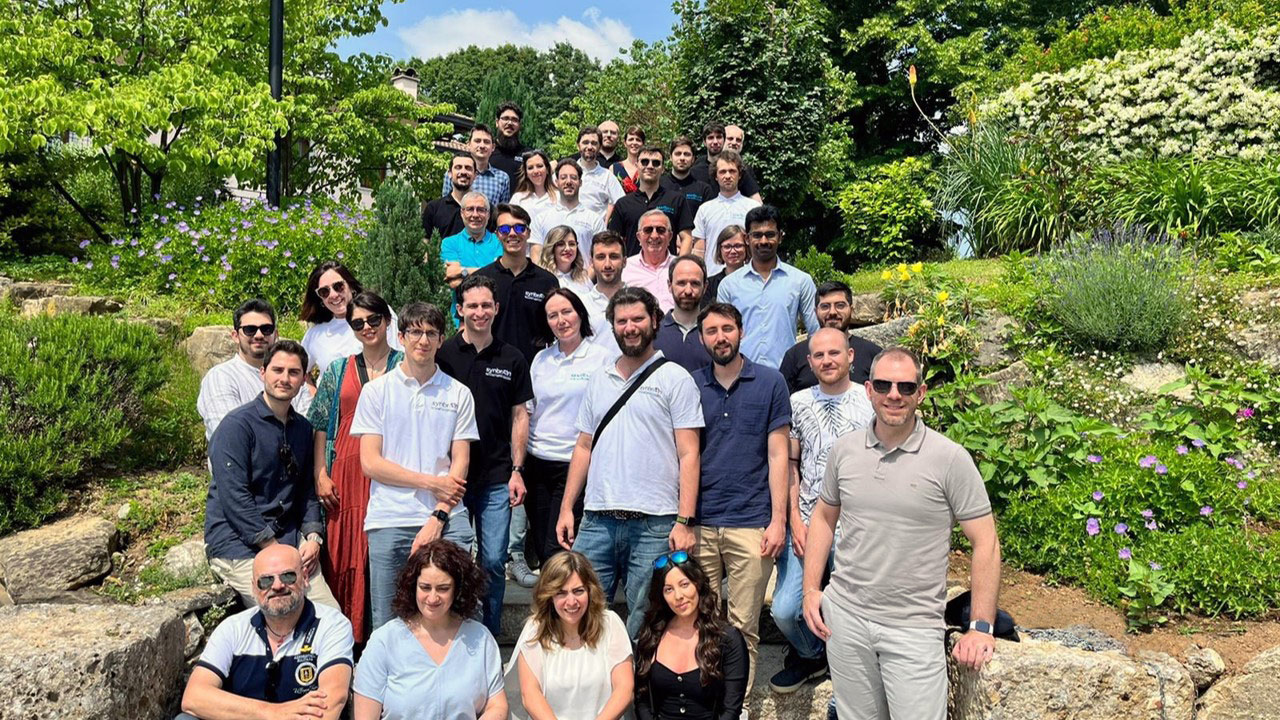 About us
About us
Focusing on the person, synbrAIn develops applications based on Artificial Intelligence, with the aim of fostering human-machine collaboration to innovate daily life processes. Our solutions are mainly related to Digital Healthcare, Human Capital Management and Customer Relationship Management, with the general goal of improving people's work and life.

“The Italian artificial intelligence will be anthropocentric, reliable and sustainable. Technologies do not hust have to promote the economic growth but also ensure that it can be inclusive and sustainable.
This means that AI development must focused on economic and social inclusion, on human rights and on the environmental sustainability. AI must be designed and implemented according to principles such as responsibility and transparency, in order to address the upcoming societal challenges by ensuring safety in all sectors.”
from the Artificial Intelligence Strategic Plan 2022-2024 by the Italian Government
SenticLAB - a subsidiary of synbrAIn - is based in Iaşi (Romania) and it is an applied research company, working in artificial intelligence in close collaboration with the local Alexandru Ioan Cuza University.
The team is made up of enthusiastic, professional and dynamic people working to reach very high goals and provide the best solutions on the market.
Emme Esse has been active for almost 50 years in field of healthcare, and it is one of synbrAIn's shareholders.
Consolidated over the years, this partnership has developed from a strategic and commercial partnership, which produced technological solutions combining the diagnostic needs from the medical domain with artificial intelligence and machine learning.
MS HUMANAID is the platform from which our partnership has been generated.
We are a team of highly qualified talents, with high-level training in the most prestigious universities and close working relationships with international academic bodies.
synbrAIn implements new processes to gain competitive advantage.





One of the most tangible sign of innovation is the number of publications, which is part of the academic and industrial experience of synbrAIn's employees and collaborators.
Our development team's skills are extremely variegated, covering a large number of technologies related both to software development and engineering.
Place the mouse cursor over the circles to see details, or use the sliders to zoom in

synbrAIn develops its artificial intelligence applications according to the ethical guidelines defined by the European Commision in 2019 - and reaffirmed within the Strategic Plan for Artificial Intelligence 2022-2024 by the Italian Government:

